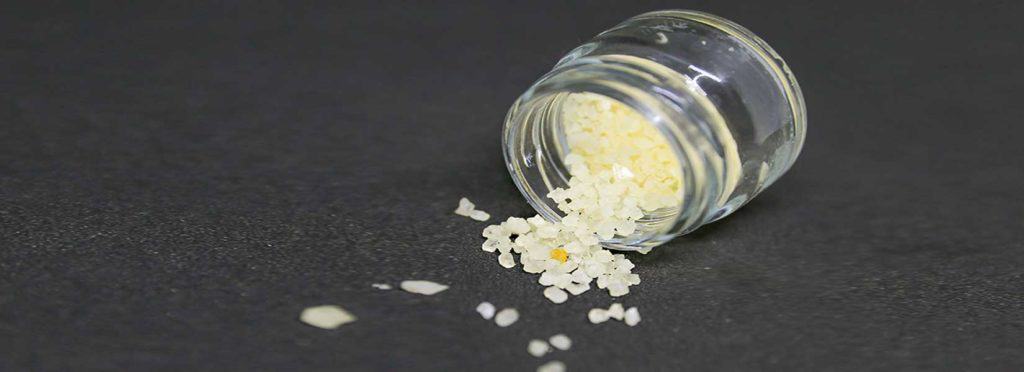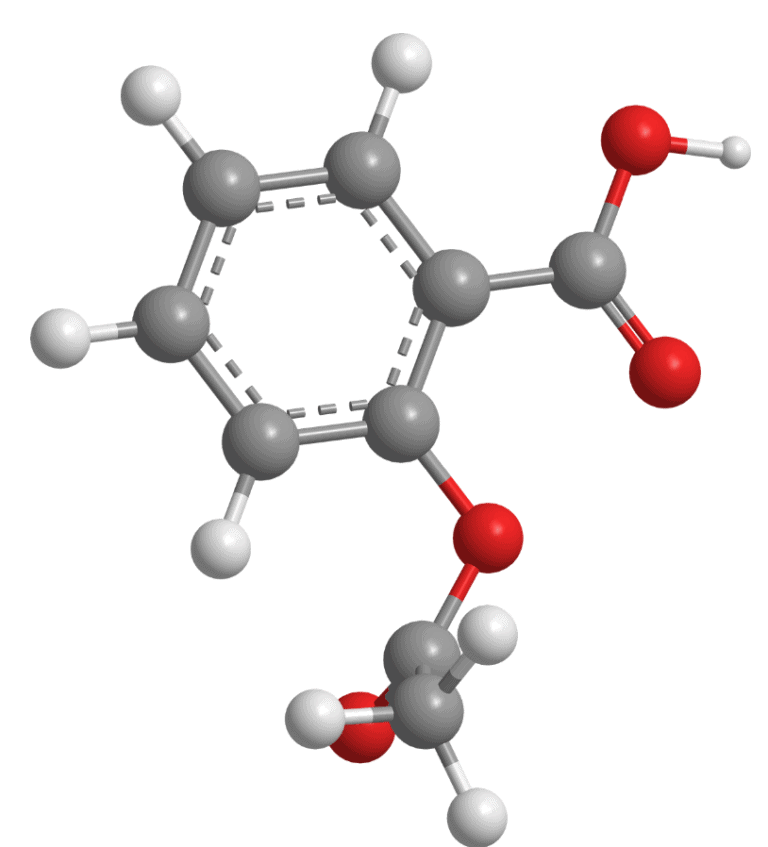You may be wondering, “What are bath salts?” A few years ago, there was lots of media attention surrounding bath salts, the common name given to synthetic cathinones. The drug was being linked to so-called face-eating cannibal attacks in the United Kingdom and the United States. Now that the media frenzy has died down, there is less discussion surrounding these man-made stimulants. However, they are still in use and it’s important to know the effect they have on the brain. If you or someone you know uses bath salts, you may be wondering if there’s a potential for addiction. In this post, we’ll discuss some of the things you need to know.
If you believe you have a problem with drug abuse or addiction, you should seek treatment from a professional.
What Are Bath Salts?
Synthetic cathinones belong to a group of drugs called new psychoactive substances. These mind-altering substances are unregulated, and they have no legitimate use. Instead, they are designed to mimic the effects of controlled substances. Synthetic cathinones are marketed as an inexpensive alternative to methamphetamine and cocaine.
They are chemically similar to cathinone, a substance that’s found in the khat plant. This shrub grows in southern Arabia and East Africa and people chew the leaves for a mildly stimulating effect. The man-made synthetic substance is often much stronger, and it can be very dangerous. Bath salts take the form of a brown or white crystalline powder and the foil or plastic packages can be labeled as phone screen cleaner, plant food, or jewelry cleaner. The drug is also known as Bliss, White Lightning, Vanilla Sky, and Cloud Nine. It can be injected, swallowed, snorted, or smoked.
The Link Between Synthetic Cathinones and Molly
Molly is the street term for drugs that are marketed as MDMA in its pure powder form. It is usually sold in capsules and some people use it because they believe it is less harmful than Ecstasy. Ecstasy or MDMA pills may contain meth, caffeine, and other substances. However, what users think is pure Molly can be very risky to consume since the capsules can contain a variety of substances including synthetic cathinones.

The Effects of Bath Salts on the Brain
More research still needs to be done on how bath salts affect the brain. However, they have a chemical makeup that’s similar to that of MDMA, cocaine, and amphetamines. One study found that one of the more common synthetic cathinones, 3,4-methylenedioxypyrovalerone (MDPV), affects the brain quite like cocaine but it’s at least ten times more potent. MDPV is the synthetic cathinone most likely to be found in the bodies of patients who present at the emergency room after taking bath salts.
The use of synthetic cathinones can result in:
- Hallucinations
- Paranoia
- Panic attacks
- Delirium
- Added friendliness
- Increased sex drive
Some people also experience increased heart rate and blood pressure as well as chest pain. Those who experience delirium also often become dehydrated and they can go into kidney failure. In addition, their skeletal muscle tissue can break down. People who experience the worst outcomes are often those who snort or inject. Bath salts intoxication has been known to cause death.
Are Bath Salts Addictive?
The simple answer is yes. Users have reported that they get strong, uncontrollable urges to use the drug again and they experience intense withdrawal symptoms. These can include
- Anxiety
- Paranoia
- Problems sleeping
- Depression
- Tremors
The good news is that recovery from addiction is possible. Addicts benefit most from personalized treatment that also addresses accompanying mental health problems. It should be noted that the Food and Drug Administration has not approved any medicines for the treatment of bath salts addiction. However, several types of therapy have proven to be effective in helping addicts to live healthier lives. Achieving sobriety and entering long-term recovery is not easy but it can be done when a holistic approach is taken.
Contact Asheville Recovery Center Today to Get Professional Advice
If you’re ready to begin your recovery journey, the experienced team at Asheville Recovery Center in North Carolina can help. We’re passionate about helping people to overcome their addiction and we offer a range of treatment programs. We support clients and their families at every stage of the journey so you’ll never feel like you’re alone during this stage of your life. Contact us today to ask more questions like, what are bath salts?, book an appointment with a member of our team, and or learn more about the many services we provide.






